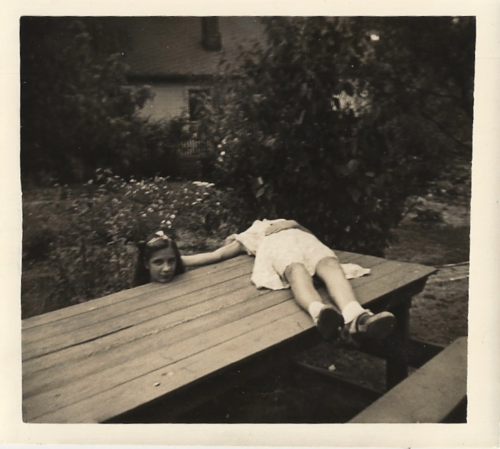Translators can be any number of things: imaginative remakers, clever conduits. They are invariably people who try to share the sense of the original but do so wrongly, in goodbad faith. Such is Antigonick, Anne Carson's new translation of Sophokles's Antigone, a version for people who don't read Greek, don’t veil themselves in the manner of the ladies of antiquity, are not eligible members of the nonsensible chorus, but have read Hegel’s remarks on unmatched justices and (snotty children) assume some things about matching them right.
Antigone, the character, is a hard target. She’s moved so much that she no longer moves at all, undead but buried and constantly dug up again, a fixture of antiquated academic culture obsessed with dust. There are paintings in Antigonick on nice vellum pages that overlay the text—which seem to be handdrawn by Carson herself. Bianca Stone drew them in fact, while Robert Currie made text and image look nice together.
What information from the Greek source text is relevant? How can we relate to Antigone, who chanted a strange language and opposed her city's laws?
The problem of translation is the problem of meaning is the problem of wanting to share some sense in a world where, oh sweet gnarly luck, sharing said sense is like kissing a salt lick. Understandably, translators translate in distinct ways, but always to differing levels of failure. They can be faithful, trying hard to render, fideliciously, the flesh of the text body they're working. Or they can do as Carson does for Antigone: Paraphrase Beckett. Tell Kreon to fuck himself. Do what’s right. Then, die.
I’m sorry, there was something about justice?
Image: Black and WTF





 A Black Balloon Publication ©
A Black Balloon Publication ©